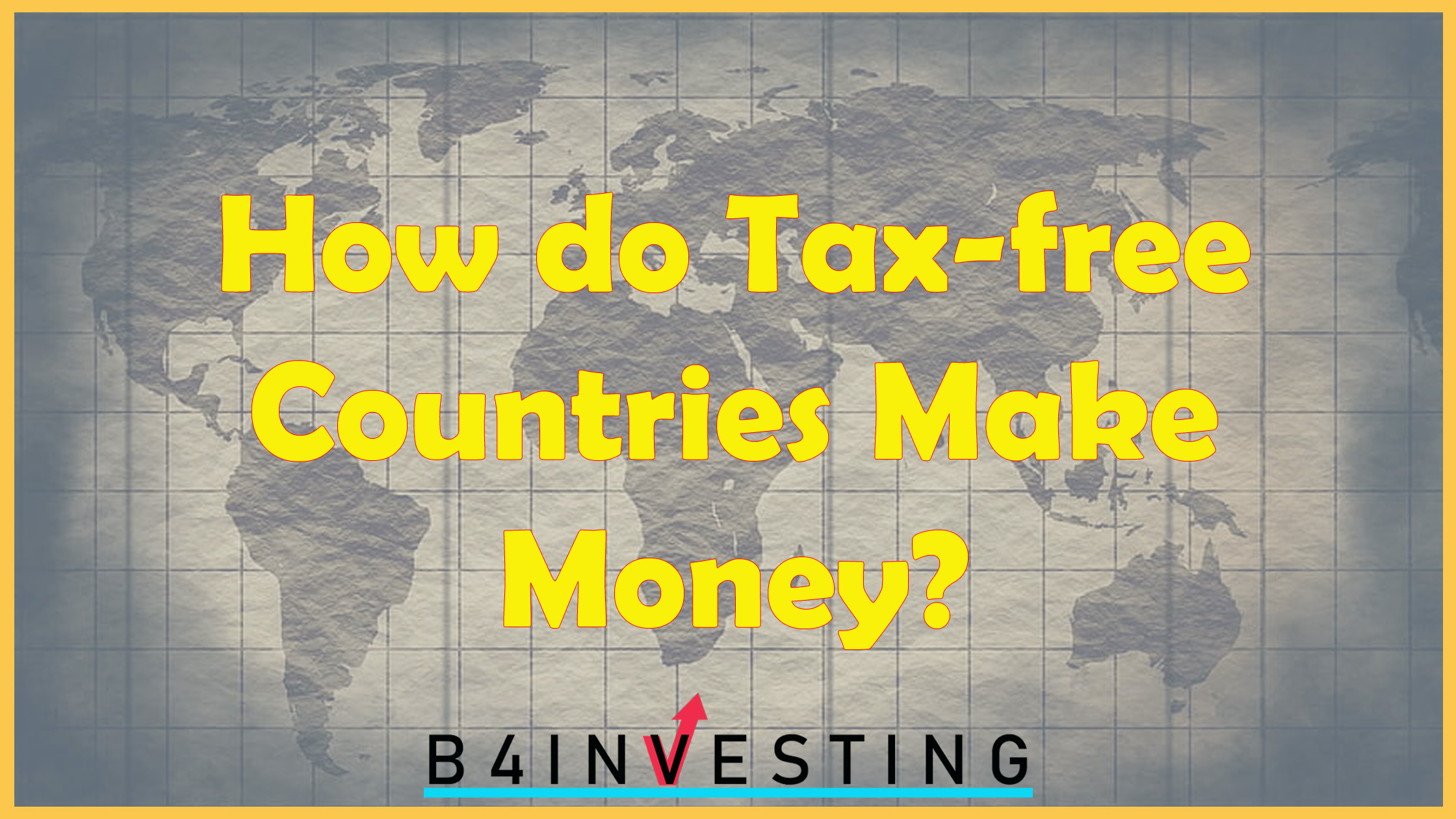
How do Tax-free Countries Make Money?
How does government earn money to pay salaries to government employees, develop infrastructures like park, airports, railways, roads, bridges, schools, colleges, factories, provide public health care services, run public pension programs, develop rural areas, to protect country from enemies, etc? Taxes is the main source of income to government.
India has two integrated tax systems- direct and indirect tax systems. Direct tax relies on income and property of individuals and indirect tax levies on goods and services incurred by an individual. As a taxpayer, you are required to contribute a specific percentage as a tax from your income to pay for the things you have purchased as Good services Tax.
There are certain countries in the world that have very stable economies. And so, their governments do not need to collect taxes from their citizens. These nations which impose little or no income tax are known as tax havens.
Tax-free countries typically make money through other means such as natural resources, tourism, financial services, etc. Some tax-free countries have thriving tourism industries, which generate significant revenue from hotel stays, restaurants, and other tourist activities. Additionally, many tax-free countries are located in regions with rich natural resources, such as oil and gas reserves, which they can extract and sell on the global market.
Another way that tax-free countries generate income is through financial services, such as offshore banking and investment management. These countries often have favorable regulatory environments that attract businesses and individuals seeking to avoid taxes or protect their assets from legal action.
Lets read how tax havens earn money:
1. Customs and Import Duties
Imposing tariffs on various goods imported into the country is the simplest and most effective ways for the tax-free government to generate revenue. These fees are referred to as customs and import duties.
These duties are indirect taxes. In some cases, because of absence of income tax revenue, government imposes higher tariffs. And this often means a higher cost of living because higher fees are applied to the price of items before they are sold locally.
The rates of customs/import duties differ country by country. Cayman Islands charges import duties between 22% to 27% and Kuwait charges approximately 5% in customs duty.
2. Corporate Registration and Renewal Fees
Many individuals and companies find tax havens attractive because these countries charge either no tax or less tax. But unlike other countries where companies have to pay corporate tax, tax haven countries impose registration fees to newly established companies or partnerships. Companies also need to pay renewal annual fees yearly to exist as operating companies. All of these annual renewal fees create a strong source of recurring revenue for tax haven governments.
3. Departure Taxes
Few tax haven countries have vibrant travel and tourism industry. So, tax haven countries charge departure tax which gives extra revenue to government. A departure tax is a fee that is charged when a person leaves a country. Also known as an airport tax which is collected from anyone who arrives or passes through a specific airport. The money collected is used by the government for construction, improvements, maintenance, and the general administration of airports.
Companies and top income earners need to pay high tax in their home countries so they look for tax havens. This allows them to save them from paying tax in their home countries. The tax haven companies benefit from attracting money in their banks and financial institution.
World’s Top Tax Havens are:
- Cayman Islands
- Bermuda
- Netherlands
- Bahamas
- Luxembourg
- Singapore
- The Channel Islands
- Isle of Man
- Mauritius
- Switzerland
- Malta
- Ireland
It’s worth noting that while tax havens do not impose income or corporate taxes, they may still have other types of taxes, such as value-added tax (VAT) or customs duties on imports and exports. Additionally, some tax-free countries may receive financial aid or support from other countries or international organizations.
Conclusion
Government earn most of its income from taxes imposed on individuals or companies. But there are a handful of countries impose very low or no income taxes on their citizens and domiciled companies. These countries known as tax havens. Some of the ways that their governments make up revenue include collecting annual license fees from incorporated entities, departure taxes, travel & tourism and imposing customs duty on the majority of imports brought into the country.

